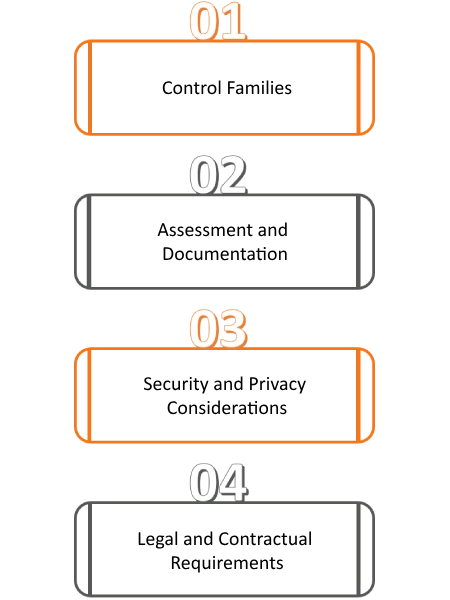Turnkey NIST 800-171 Assessment and Compliance Services
NIST Special Publication 800-171, titled “Protecting Controlled Unclassified Information (CUI) in Non-federal Systems and Organizations,” is a set of guidelines and requirements developed by the National Institute of Standards and Technology (NIST) to enhance the cybersecurity of Controlled Unclassified Information (CUI) in non-federal systems. CUI refers to sensitive information that is not classified but still requires safeguarding due to its sensitive nature.
Control Families
NIST 800-171 outlines families of security requirements, containing specific controls to address various aspects of cybersecurity covering various security controls.
Assessment / Documentation
Compliance with NIST 800-171 requires organizations to document their security policies, procedures, and implementation details to ensure ongoing compliance with NIST.
Security Considerations
While NIST 800-171 focuses on cybersecurity, it also indirectly addresses privacy concerns by safeguarding sensitive information from unauthorized access and disclosure.
Legal Requirements
Federal regulation may mandate compliance with NIST 800-171. Organizations working with federal agencies are required to demonstrate their adherence to guidelines.

NIST 800-171 Assessment
Services
NIST 800-171 Assessment
Services
Define Your Requirements
Clearly outline your organization's needs, goals, and scope for NIST 800-171 compliance by assessment, gap analysis, policy development, and control implementation.
Assessment and Gap Analysis
Comprehensive assessment of current cybersecurity controls against NIST 800-171 requirements by conducting a gap analysis to identify areas of non-compliance.
Customized Implementation Plan
Based on the assessment, Shieldbyte Infosec develops a tailored implementation plan outlining the specific steps, controls, tasks, responsibilities, timelines, and milestones.
Control Implementation
We guide you through the process of implementing the necessary controls, which may involve technical configurations, policy development, and procedural changes.
Documentation & Reporting
Creating accurate and well-documented policies, procedures, guidelines, and other artifacts required for compliance. Regularly review progress reports and milestones.
Control Validation and Testing
Conduct and validate the effectiveness of implemented controls through testing and assessments by establishing processes for ongoing cybersecurity monitoring.
Contract and Legal Aspects
Review compliance and associated legal aspects to ensure that you have a clear and comprehensive contract with partners, suppliers, and service providers.
Final Assessment and Documentation
Final assessment to validate the controls' implementation and assist in preparing necessary documentation and post-engagement support, by addressing any issues.




